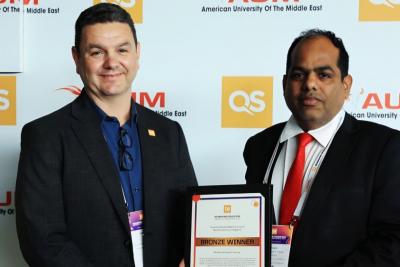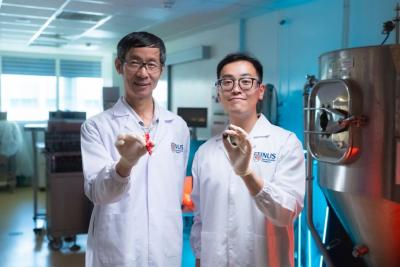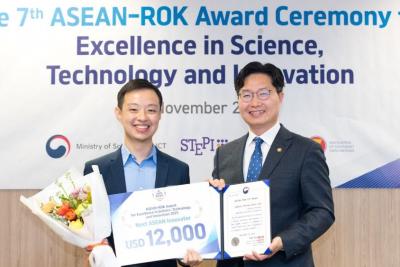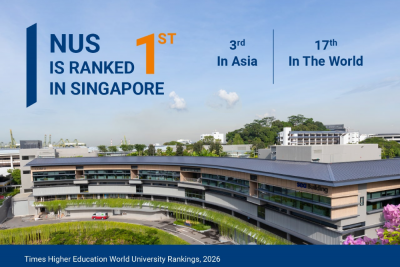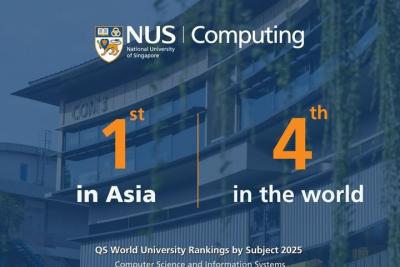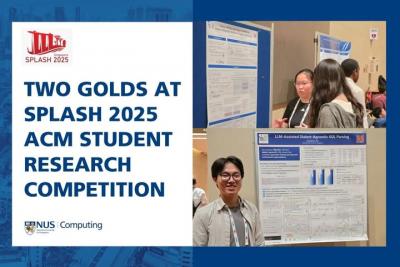Phòng thí nghiệm R&D doanh nghiệp REC@NUS mới ra mắt 77 triệu đô la Singapore
A new S$77 million research initiative has been launched today at the National University of Singapore (NUS) to boost innovation and research on advanced solar cell technologies in Singapore. Over the next five years, the REC@NUS Corporate R&D Laboratory for Next Generation Photovoltaics (REC@NUS Corp Lab), which is jointly set up by the Solar Energy Research Institute of Singapore (SERIS) at NUS and REC Solar (REC), will research, develop, and commercialise disruptive solar photovoltaic (PV) technologies based on perovskite-silicon tandem solar cells.
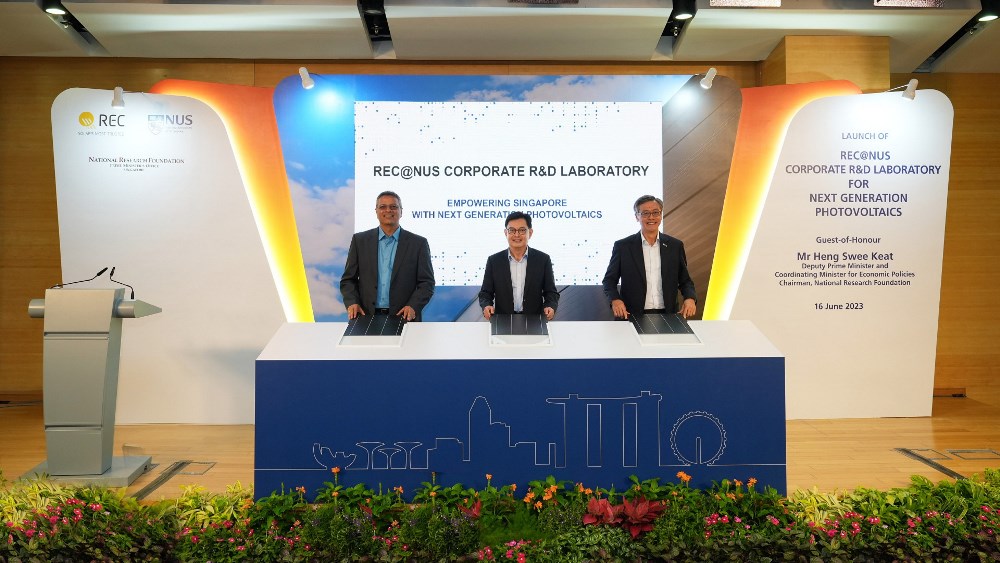
The new S$77 million REC@NUS Corporate R&D Laboratory for Next Generation Photovoltaics was launched by Deputy Prime Minister and Coordinating Minister for Economic Policies Mr Heng Swee Keat (centre), who is also Chairman of the National Research Foundation, as the Guest-of-Honour. He was accompanied by NUS President Prof Tan Eng Chye (right), and REC Solar Chief Technology Officer and Co-Director, REC@NUS Corporate R&D Laboratory for Next Generation Photovoltaics Dr Shankar G. Sridhara (left).
Supported by Singapore’s Research, Innovation and Enterprise (RIE) 2025 Plan, this strategic investment in high-power clean energy solutions is crucial in accelerating Singapore’s transition to renewable energy for a greener future, and maintaining the nation’s leading position in PV R&D and manufacturing.
By bringing together NUS-SERIS’ world-class research expertise in PV technologies and REC’s deep experience in upscaling innovative solar PV technology, the new Corporate Laboratory aims to champion bold technology innovations for more powerful, more efficient, more sustainable and less costly solar energy. Successful outcomes from the Corporate Laboratory could transform the solar industry globally and, in turn, accelerate global energy transitions.
Deputy Prime Minister and Coordinating Minister for Economic Policies Mr Heng Swee Keat, who is also Chairman of the National Research Foundation, launched the new Corporate Laboratory as the Guest-of-Honour. This is the eighth corporate laboratory established at NUS.
See more here








